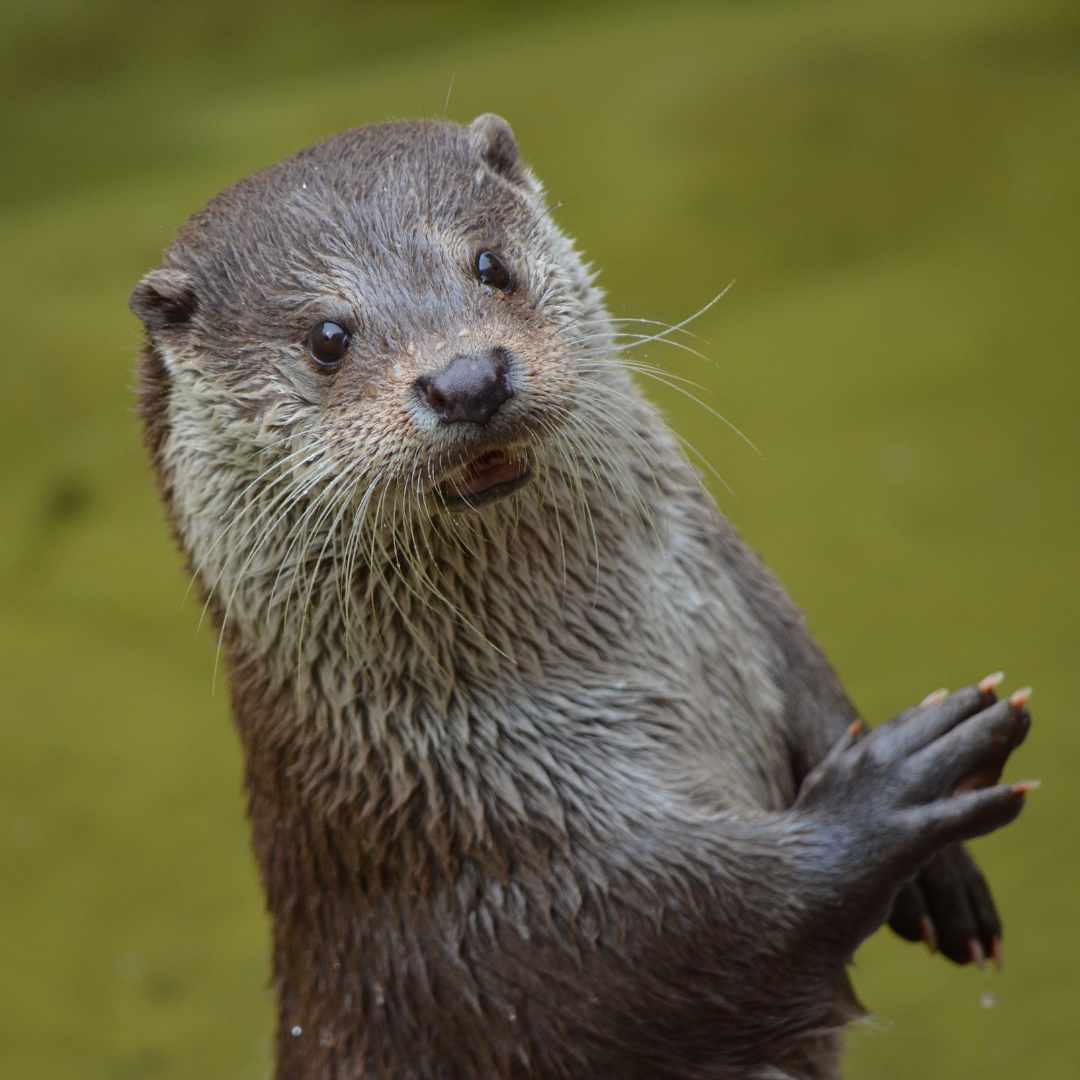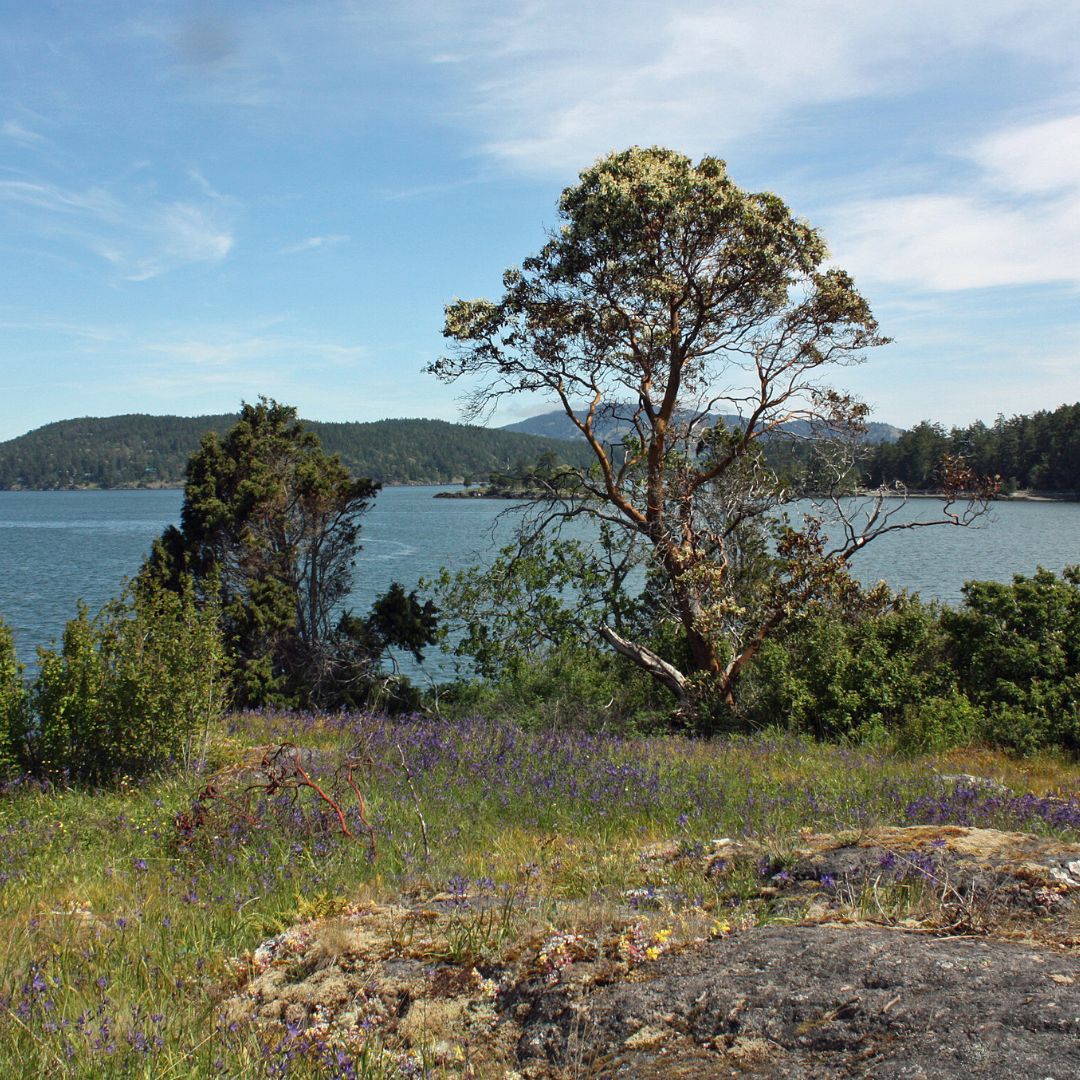Learn more about Alaskan Malamutes!
Animals of the Pacific Northwest is an online project dedicated to animal welfare, humane education, environmental justice, wildlife conservation, and the animals and their fans that call the Pacific Northwest home.
The Pacific Northwest is home to many different habitats, flora and fauna species, communities, and domestic animals. In this region, you can find mountain goats, grizzly bears, transient and resident orcas, northwestern salamanders, western pond turtles, red foxes, grey wolves, long-tailed weasels, cougars, bobcats, and so much more. Domestic animals also call this place home as well and have existed with humans for thousands of years. Dogs, cats, horses, chickens, sheep, and more have had a huge impact both on human life and the environment in this region.
Northwest Trek Wildlife Park
Visiting Northwest Trek, a 700+ acre park in Washington, is magical. Learn more!
Small Business Saturday
Today is Small Business Saturday!
Behind the Breed: Airedale Terriers
Meet the Airedale Terrier!
The ABCs of Shelter Animal Photography
Taking photos of shelter animals can be a lot of fun!
Behind the Breed: American Water Spaniel
American Water Spaniels are relatively rare dogs that make great family companions, hiking companions, and/or watch dogs. This breed has a big dog personality in a smaller package, usually weighing 25-45 pounds, and despite the spaniel name, the AWS is more like a...
Behind the Breed: Irish Wolfhounds
Meet the Irish Wolfhound!
Behind the Breed: Cairn Terriers
Cairn Terriers are small but mighty dogs with lots of energy and personality!
Pigeons And Doves
Pigeons can often be gravely misunderstood while doves are considered signs of peace and tranquility. But these birds have a lot in common.
Behind the Breed: Bearded Collies
The Bearded Collie is a happy, bouncy breed that looks very similar to the Old English Sheepdog. Both breeds are in the herding group and can be hard to tell apart from a distance. But Beardies, as they’re also known, have a long tail, several different coat colors, a...
Cat Safe House Plants
After years of not having cats, I forgot that they love to, at the very least, try eating plants. So when my two little rescue cats were old enough, they definitely started eating the house plants I had around the house! I do not have much of a green thumb so the fact...
What Your Favorite Dog Breed Says About You [Part 1]
Our favorite dog breed can say a whole lot about who we are!




Frequently Asked Questions
What is Animals of the Pacific Northwest?
Animals of the Pacific Northwest is an online space for folks to learn more about the animals found in and around the Pacific Northwest region of North America. It was started in August of 2017 by me, Andrea Merrill, and began after I spent years caring for all sorts of animals.
Why are there more ads on the site?
Animals of the Pacific Northwest is a labor of love and is a project that I do not get paid for. As much as I love working on the site, there are some costs to running and maintaining it. I am now working with Google AdSense to place some ads around the site to help offset those costs.
I think I saw [wild animal]! Can you verify?
One of the things I love about this site is all the stories that you, the audience, tell me! That includes all the wonderful wildlife sightings. While I’m not going to be able to verify every sighting, I can at least try to confirm what you saw.
Also, I am not a biologist, zoologist, or wildlife official so my understanding of wild animals in the Pacific Northwest is more limited than those with more specialized education and experience. That said, I’ll try my darnedest to find an answer if you ask about a wild animal sighting.
I want to adopt [specific breed]. Do you know how I can do that?
Right now, I, unfortunately, don’t have the resources or abilities to know every rescue group and shelter in the Pacific Northwest. That means that typically, I’m not going to have many suggestions on where to find a specific breed of dog or cat you can adopt.
In my ‘Behind the Breed’ series, I try to see if there are any groups or organizations that focus on rescuing that breed. But for the most part, my best recommendation on finding a specific type of dog, cat, or other animals from a rescue is to do some research or look on sites like PetFinder.
Can I pitch an article/guest post?
At the moment, I am not currently taking any unsolicited submissions for the site. That may change in the future.
I have another question for you. How do I get in contact?
You can email me at info@animalsofpnw.com with any questions, concerns, or comments!
Where else can I find Animals of the Pacific Northwest?
You can find Animals of the Pacific Northwest on many social media platforms, including Facebook, Twitter, and TikTok.
Disclosure
I am not a veterinarian, vet tech, animal trainer, behaviorist, or nutritionist and do not have any sort of professional experience in these fields. Much of the information shared on this blog comes from plenty of research or from my years of caring for animals. New routines, including new diets or exercises, should be discussed with your vet or appropriate professional before being put into place. Information found on this site cannot and should not be substituted for information obtained by a licensed professional.
Some posts on Animals of the Pacific Northwest contain affiliate links that I could make a commission off of. All opinions expressed are my own and any post with affiliate links will contain a disclosure statement at the beginning. There are some additional third party ads on the site that I could also make a commission off of.

Do not sell, reproduce, or otherwise modify any written content found on this blog. That also applies to photos on Animals of the Pacific Northwest’s Instagram or ones for sale. Sharing a link with proper credit is allowed.
Lastly, any and all opinions shared by the author are solely the author’s. The author, Andrea, does not speak for any and all outside employers.










![What Your Favorite Dog Breed Says About You [Part 1]](https://i0.wp.com/animalsofpnw.com/wp-content/uploads/2022/03/fav-breed.jpg?resize=400%2C250&ssl=1)